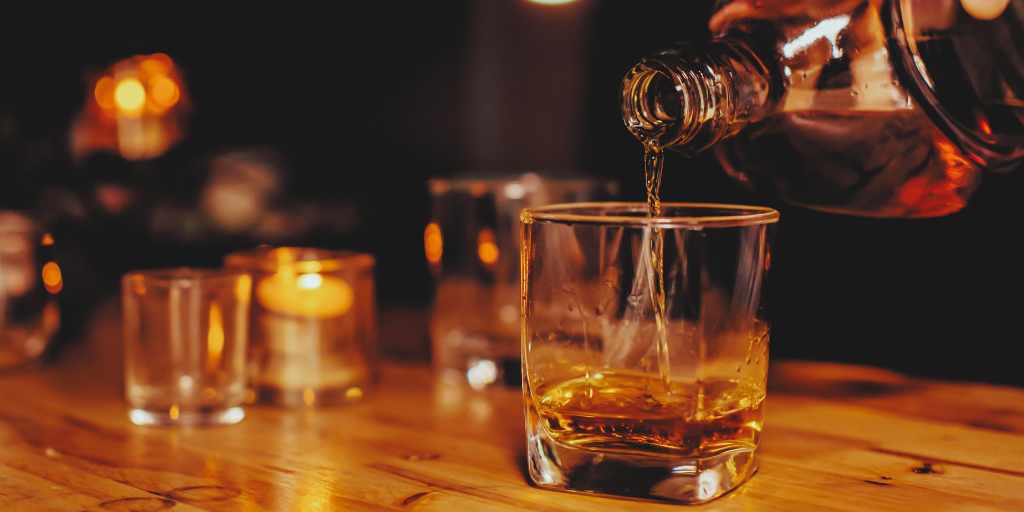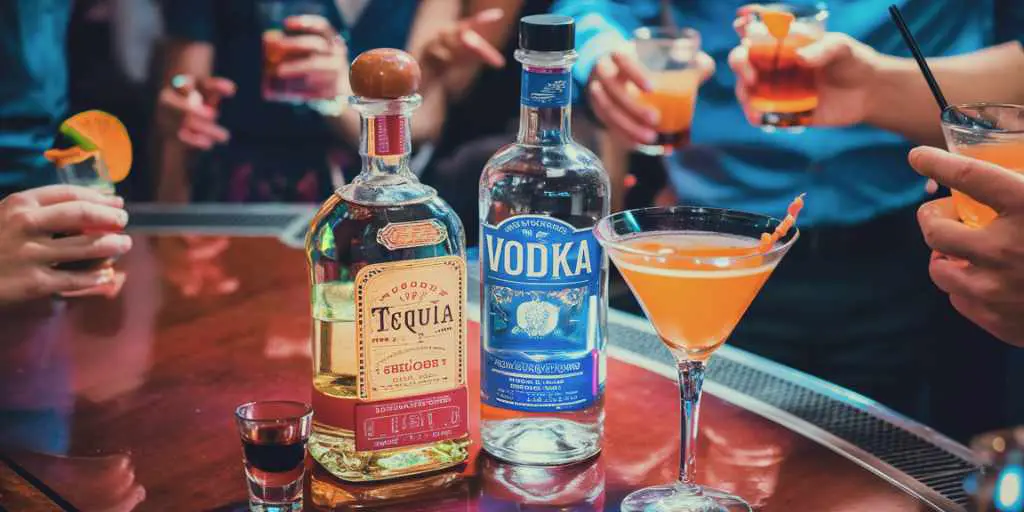Continuing our series on how to be a bartender worldwide, this week, we’ve got the requirements for England. If you missed them, here’s for Canada, New Zealand, and the United States.
Alcohol is big business in Australia and has been part of the culture since its colonisation by the British Empire in the latter part of the 18th century. In those early days, extreme heavy drinking was part and parcel of everyday life – especially for the tens of thousands of convicts shipped from Britain to the ‘new land’ who were frequently paid in measures of spirits, mainly rum, for any menial work carried out – the changes over the last few hundred years have seen Australia, like most modern societies, adopt laws to ensure alcohol is safely consumed, the premises from where it is sold tightly regulated, and the people allowed to serve and sell it suitably trained.
Whereas the United States and Canada have no country-wide legislation – training requirements differ from state to state and sometimes from city to city within a particular county – Australia has a national training package mandatory for any person seeking to work with or around alcohol.
What is RSA?
The country-wide training is called RSA, or “Responsible Service of Alcohol” training. Anybody, anywhere that is working with or around ‘booze’ or even thinking of entering the hospitality business in Australia will have to undergo this compulsory course and receive certification (or a “Statement of Attainment”) before they can serve liquor to anyone. This includes bartenders, table waiting staff in licensed establishments, sommeliers at wine tastings, employees at rock concerts and sports events, and even airline staff who will be attending to passengers asking for alcoholic drinks on board the plane.
The Australian Federal Government devised this overarching national strategy to provide comprehensive training to educate supervisors and staff about their duty of care to patrons, dealing with alcohol-related disorder and intoxication, as well as input on subjects such as blood alcohol content, responsible serving, and the effect of ‘booze’ on the human body. The desired outcome is to produce a workforce who are cognisant of the harm alcohol can cause, especially to the vulnerable and minors.
The Federal’ national unit of competency’ training (referred to as ‘Provide Responsible Service of Alcohol’) is devolved to the local state government level. Training packages can be tweaked to suit that particular region or complement existing state law. Only Registered Training Organisations (RTOs) are state-approved to provide training frequently delivered as part of a more wide-ranging hospitality package recognised under the Australian Qualifications Framework (AQF). Courses are typically classroom-based, but Queensland, Western Australia, South Australia and Northern Territory do run online courses – of the remaining major states, Victoria has no online course, and New South Wales runs an email-based ‘distance learning package.
Due to each Australian state having slightly different requirements for the serving of alcohol, workers will need to obtain an RSA certificate relevant to the state they wish to work in; for example, if you complete your RSA training in New South Wales and start your bartending career in Canberra, but after a couple of years decide to move on to a nightspot in the Victoria capital of Melbourne, you will need to undergo yet more input and obtain certification for Victoria as well.
Several private companies now run Responsible Service of Alcohol training (either online or classroom-based) and can easily be found with a quick internet search. Courses cost anything from $18 AUD to $98 AUD for an online package (four to six hours at your own pace, including course material and photo competency card) while, for example, the state of Victoria has private businesses such as the Melbourne based ‘Hospitality Training Australia’ running classroom lessons where you can obtain a VCGLR (Victorian Commission for Gambling and Liquor Regulation) certificate in RSA training. The course is four hours long, including assessment, and costs $40 AUD.




